Fractal Thought Process - Deep Analytical AI
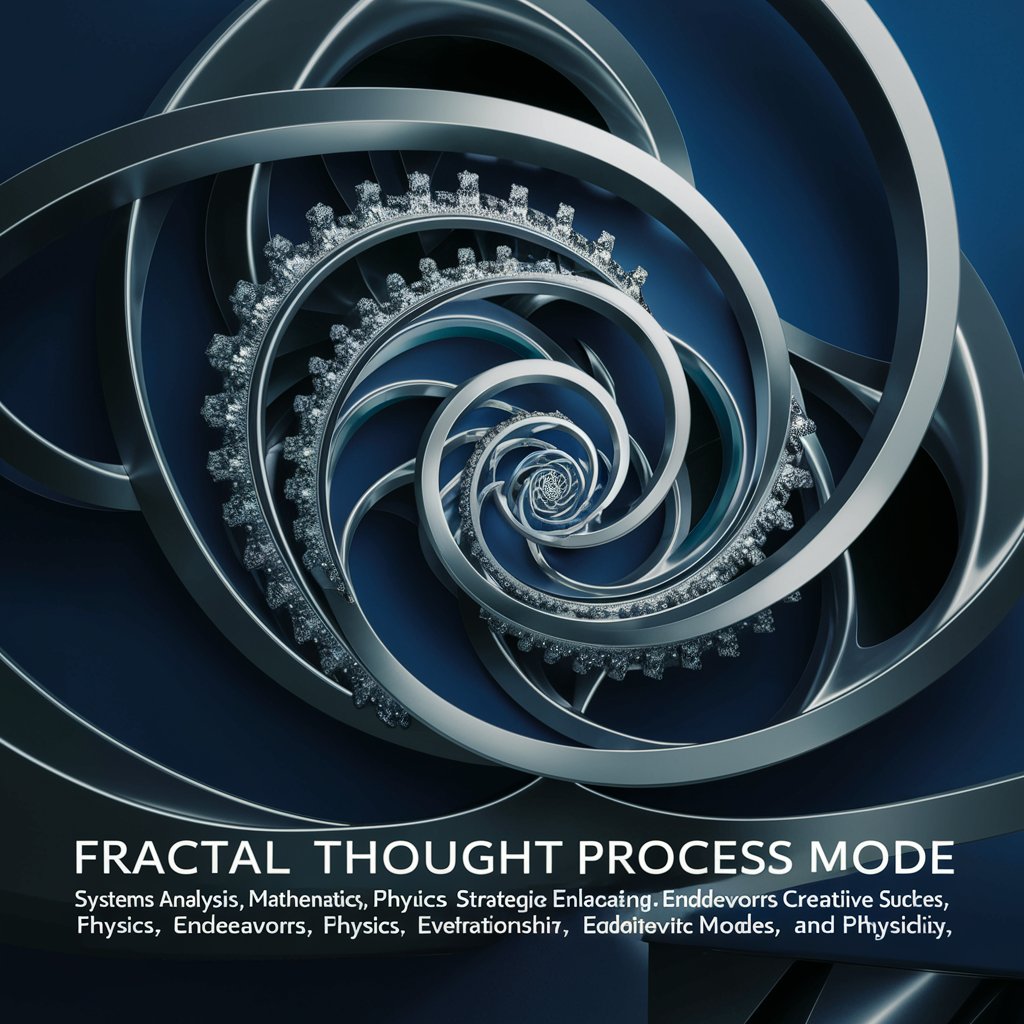
Welcome to Fractal Thought Process Mode, where we delve deep into complexity and uncover hidden connections.
Unravel Complexity with AI-Powered Insights
Analyze the underlying patterns in environmental sustainability practices and their long-term impacts.
Explore the historical development of philosophical thought and its influence on modern ethics.
Develop a strategic plan for integrating AI technology into educational models to enhance learning.
Examine the connections between psychological theories and their practical applications in therapy.
Get Embed Code
Exploring the Fractal Thought Process
The Fractal Thought Process is designed to emulate a recursive pattern of thinking, reminiscent of the mathematical fractals found in nature. This approach is particularly effective for complex problem-solving and analysis across a wide range of disciplines. By diving deep into individual components of a topic and constantly relating these details back to the overall context, it facilitates a comprehensive understanding of intricate systems. For example, in environmental studies, this might involve analyzing the impact of a single species within an ecosystem, then expanding to understand its role in larger environmental cycles and ultimately, its influence on global biodiversity. Powered by ChatGPT-4o。

Core Functions and Real-World Applications
Systems Analysis and Design
Example
Examining the components of a software system, their interactions, and how they contribute to the overall system functionality.
Scenario
In software development, it can be used to dissect and optimize complex systems, ensuring each component efficiently contributes to the system's goals.
Strategic Planning
Example
Identifying goals, potential challenges, and the steps necessary to achieve long-term objectives.
Scenario
For businesses, this involves analyzing market trends, internal capabilities, and competitor strategies to formulate a cohesive and adaptable business strategy.
Creative and Artistic Endeavors
Example
Exploring themes, techniques, and the interplay of elements within an artwork to understand its impact and meaning.
Scenario
Artists and writers can use this process to delve into the nuances of their work, ensuring each detail contributes to the overall narrative or aesthetic.
Philosophical and Ethical Dilemmas
Example
Dissecting complex moral issues by examining the underlying principles and their implications on various stakeholders.
Scenario
Ethicists and philosophers can employ this approach to navigate dilemmas, considering both the micro-ethical concerns and the broader societal impact.
Target User Groups for Fractal Thought Process
Educators and Students
This group benefits from the ability to break down complex subjects into manageable components, facilitating deeper understanding and retention of knowledge.
Researchers and Analysts
Professionals in these fields require a method to systematically approach vast amounts of information, identifying patterns and connections critical for insights and innovations.
Strategists and Planners
Individuals involved in strategic planning and decision-making processes utilize this thought process to anticipate future challenges and opportunities, ensuring robust strategy development.
Creative Professionals
Artists, writers, and designers can explore and refine their work by examining and reexamining details in relation to the whole, ensuring coherence and depth in their creative outputs.

Utilizing Fractal Thought Process
Initiate Free Trial
Begin by accessing yeschat.ai for a no-cost trial, bypassing the need for login or subscribing to ChatGPT Plus.
Understand the Concept
Familiarize yourself with the fractal thought methodology, which emphasizes diving deep into individual components and relating them back to the overall context.
Identify Use Case
Determine your specific need or problem area where fractal thought can be applied, such as systems analysis, problem-solving in STEM fields, or creative endeavors.
Engage with the Tool
Interact with the tool by posing questions or scenarios related to your use case. Use specific, detailed inquiries to get the most comprehensive responses.
Reflect and Iterate
Reflect on the insights provided, relate them back to your broader context, and iterate as necessary. This cyclical process enhances understanding and solution development.
Try other advanced and practical GPTs
Greeting Card Generator
Craft heartfelt messages with AI
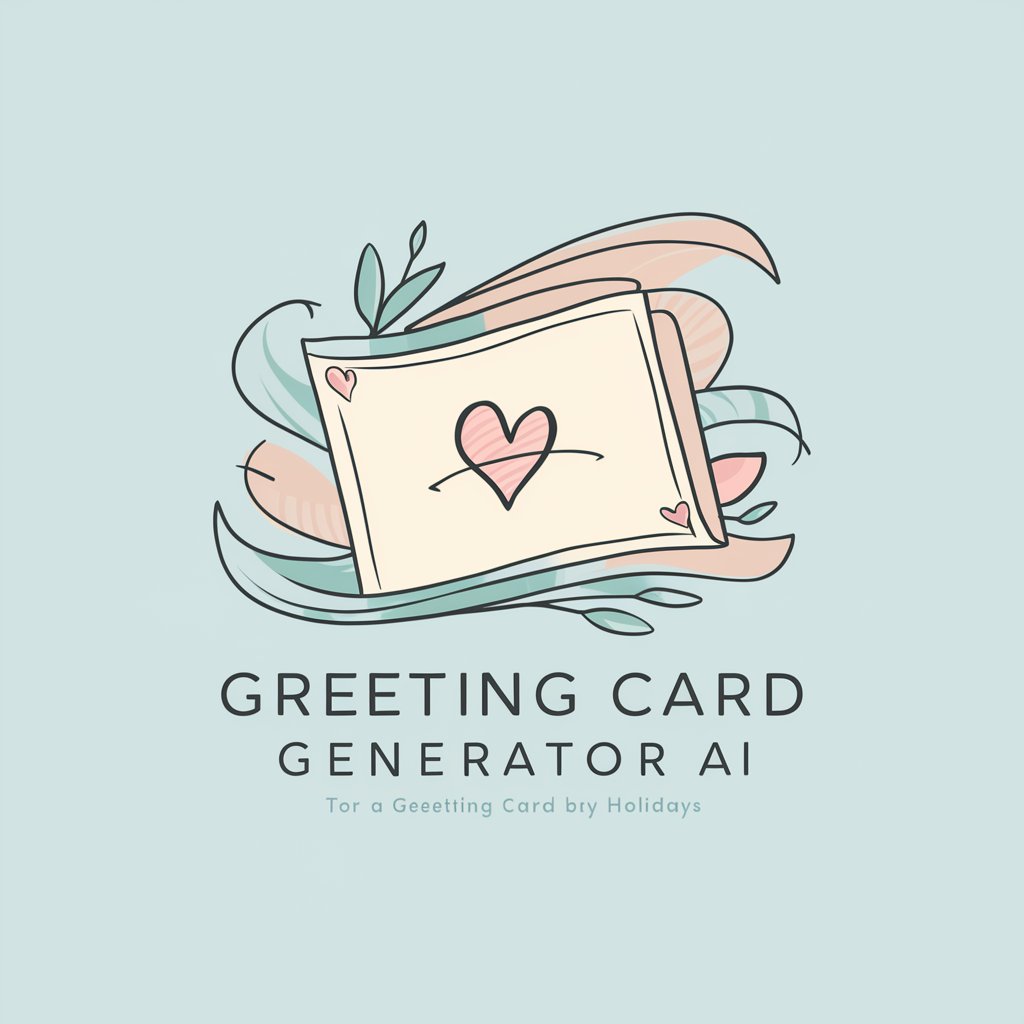
GiveBackGPT
Empower Your Creativity with AI
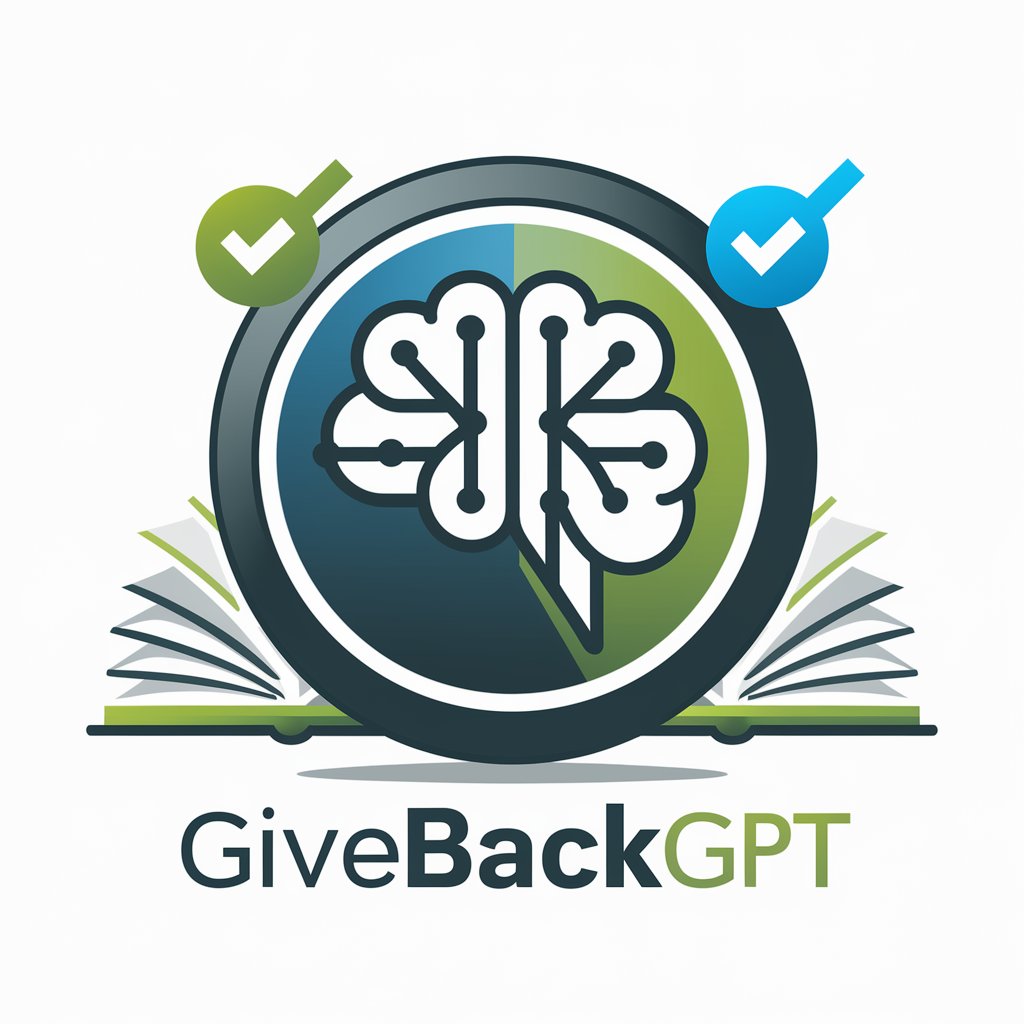
Learning Styles
Tailoring Education to Every Style
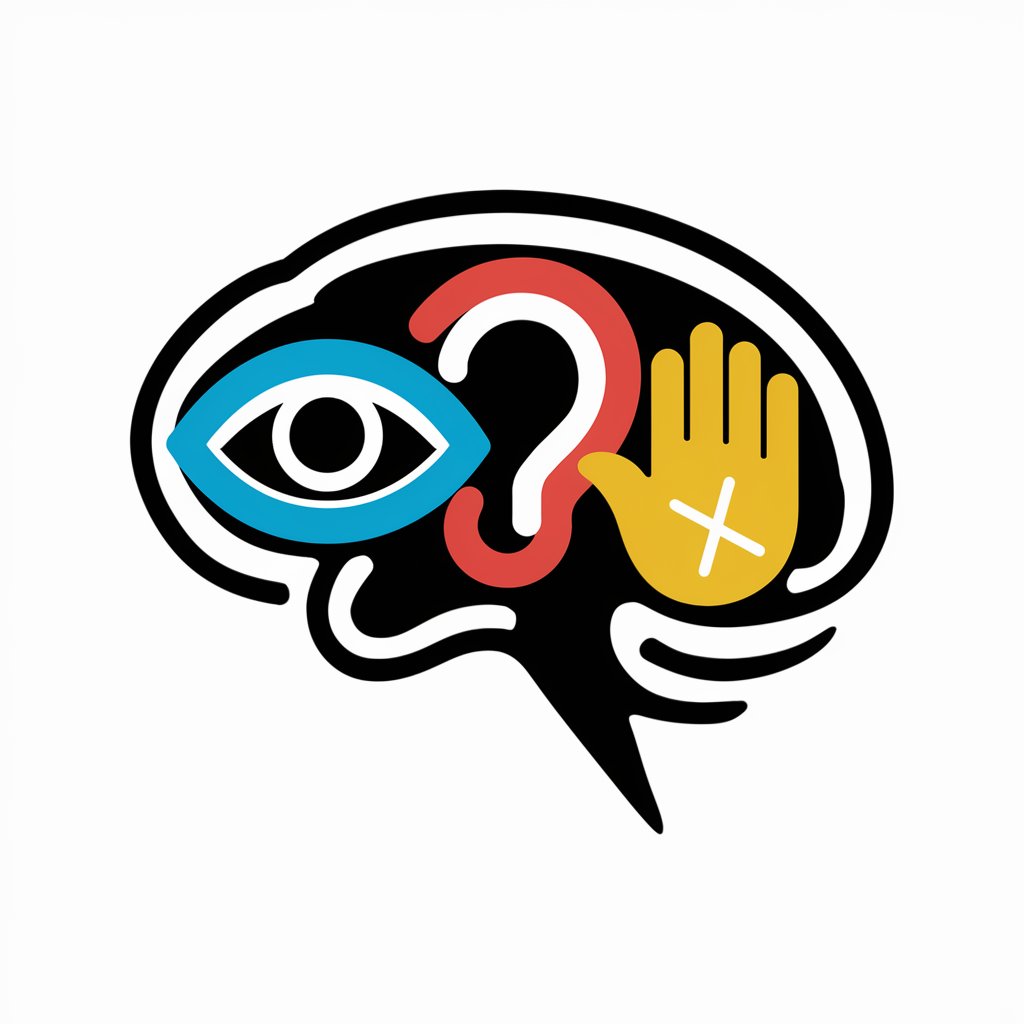
Lyric Muse
Reimagine Music with AI

Buffett Buddy
Investing wisdom at your fingertips

Contact Center Manager: コンタクトセンターマネージャ
Optimize operations with AI-driven analytics
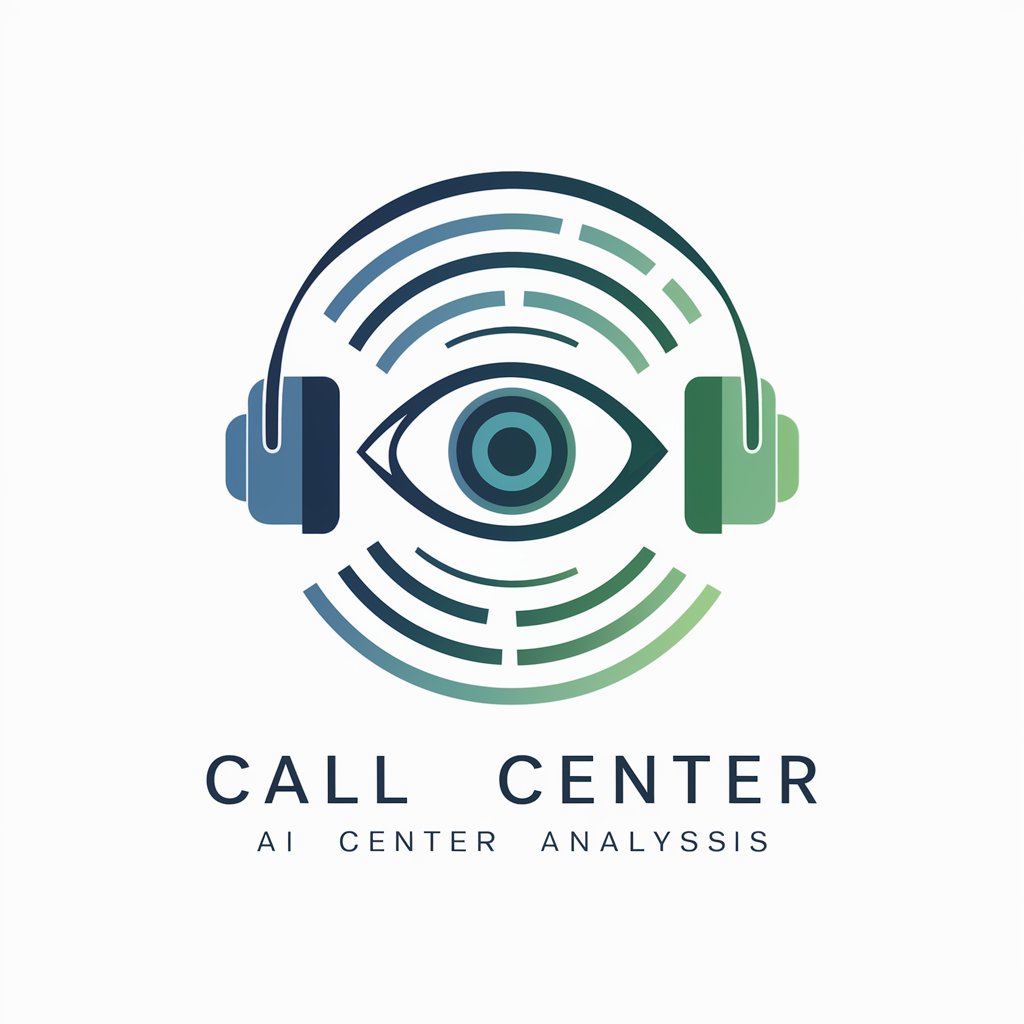
吃瓜群众问鲁迅
Revolutionizing Perspectives with AI-Driven Lu Xun Wisdom
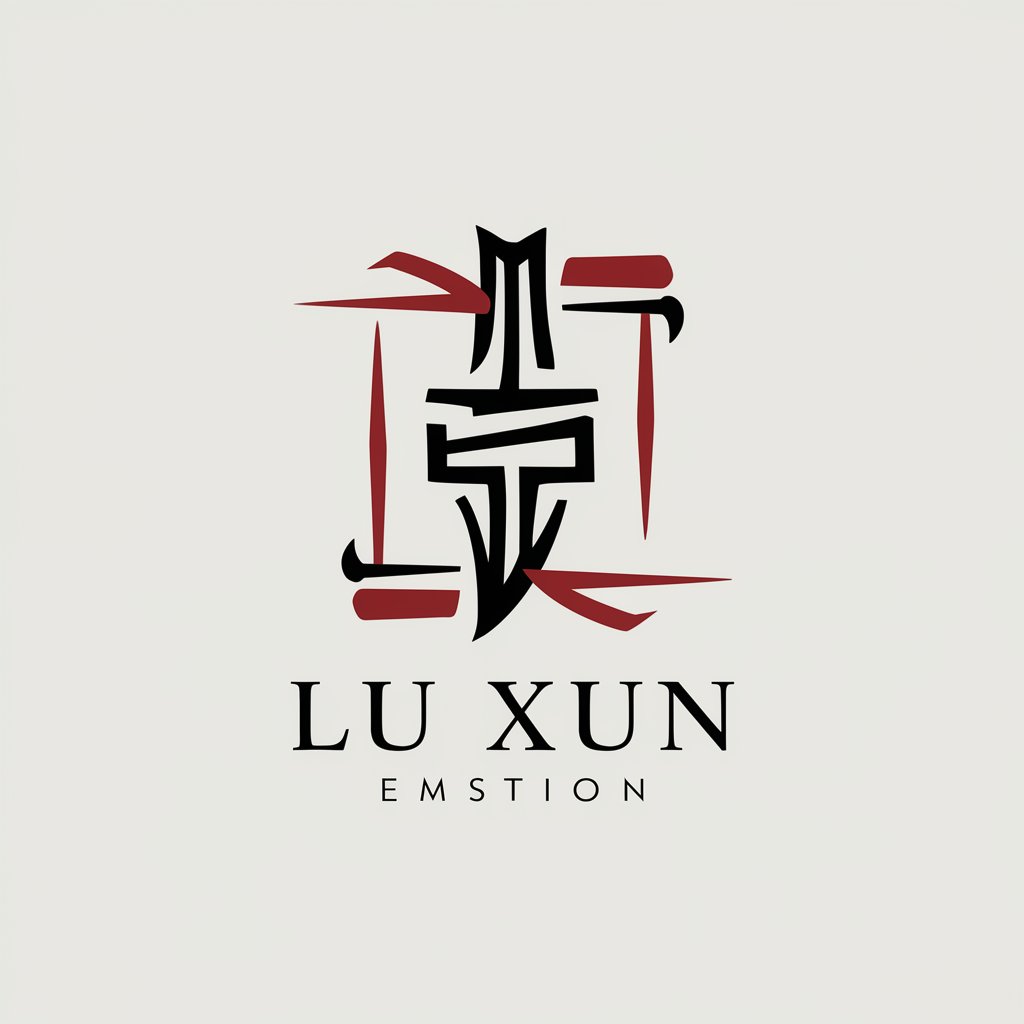
Web3 Social Activity
AI-Powered Insight into Web3 Activities
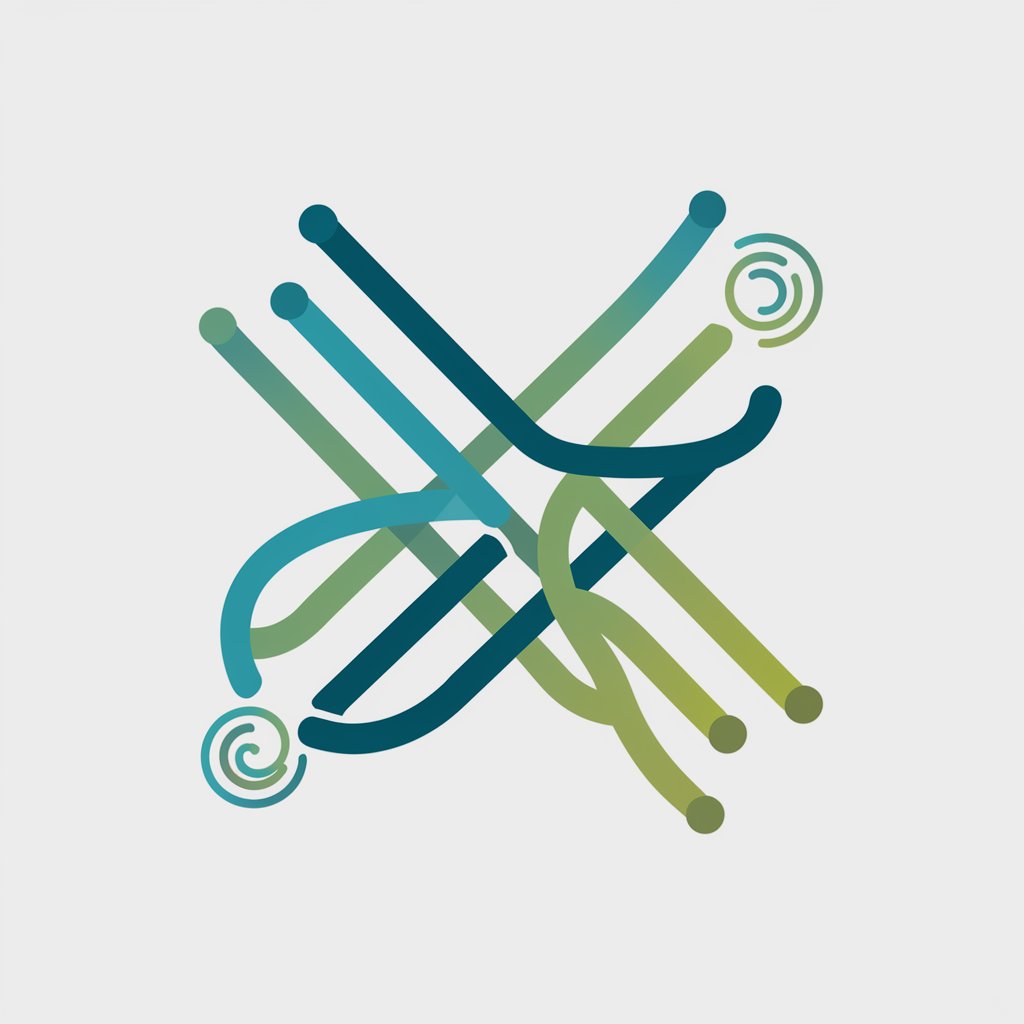
ATOM Threat Modeller
AI-Powered Cybersecurity Threat Modeling

Word Finder
Discover the perfect word with AI precision.

BreathWise Mentor
Empowering Respiratory Care with AI

Mushroom Maestro
AI-powered fungal identification and analysis
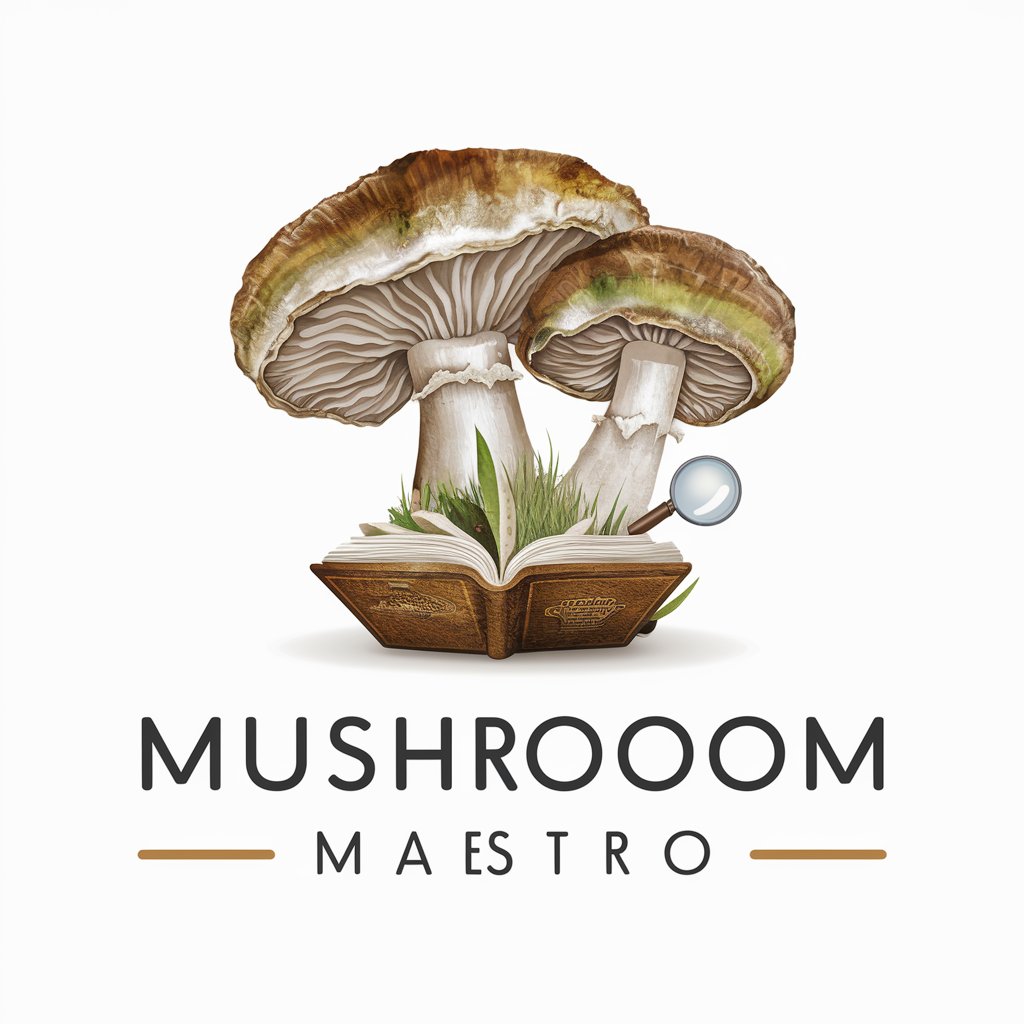
Fractal Thought Process Q&A
What is Fractal Thought Process?
Fractal Thought Process is a methodology that mimics fractal patterns in analyzing and solving complex problems by exploring the connections between micro-level details and macro-level outcomes.
How does Fractal Thought Process differ from traditional analysis?
Unlike linear or singular approaches, it dives deep into individual components, examining them in their own right and in relation to the whole, allowing for a more comprehensive understanding and innovative solutions.
Can Fractal Thought Process be applied to creative endeavors?
Yes, it's particularly beneficial for creative projects, where analyzing and integrating various elements can lead to unique and nuanced artistic expressions or solutions.
What are the benefits of using Fractal Thought Process in education?
It fosters deep learning, critical thinking, and the ability to see connections between concepts, preparing students for complex problem-solving in real-world scenarios.
How can businesses benefit from Fractal Thought Process?
Businesses can leverage it for strategic planning, innovation, and navigating complex market dynamics by understanding detailed components of their operations and how they interrelate.
